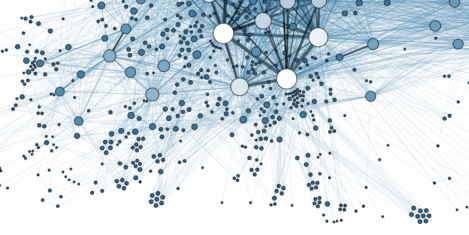October 18, 2016
UK marketers suffering from tech-induced anxiety, survey claims 0
More than half (55 percent) of marketers in the UK are struggling to cope with the accelerated pace of digital transformation – up 7 percent since 2015, Adobe’s annual Digital Roadblock study claims. The report – which surveyed 450 marketers in the UK– found that Brits suffer from more tech-induced anxiety than their peers across the region: an average of 44 percent of marketers in Europe worry about their technology-based skill sets, 11 percent lower than the UK. Of the marketers surveyed, three-quarters (74 percent) feel that they need to implement new technologies within their marketing strategies in order to succeed, but just over half (54 percent) feel that they actually have the skills to do so. When it comes to technology skills, there’s an obvious gap between demand and reality: while 41 percent of respondents cited being a ‘tech-savvy’ early adopter of new technologies as the top attribute of being a marketer, only 15 percent actually identify as ‘tech-savvy’ themselves. In fact, more UK marketers identify as ‘tech challenged’ (20 percent) than ‘tech savvy’, and the number of ‘tech-savvy’ marketers has dropped since last year, when nearly one in five (19 percent) identified as so.



































October 19, 2016
Where are zero hours contracts and the gig economy taking us? 0
by Mike James • Comment, Flexible working
More →